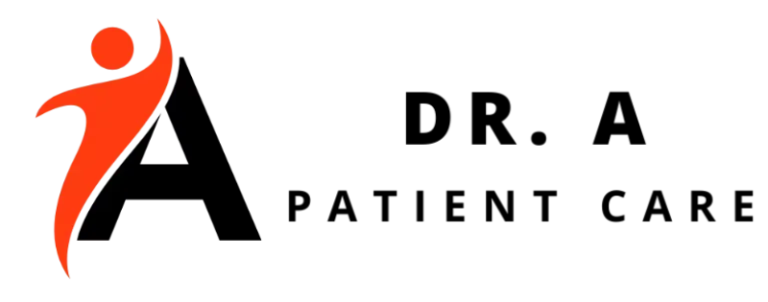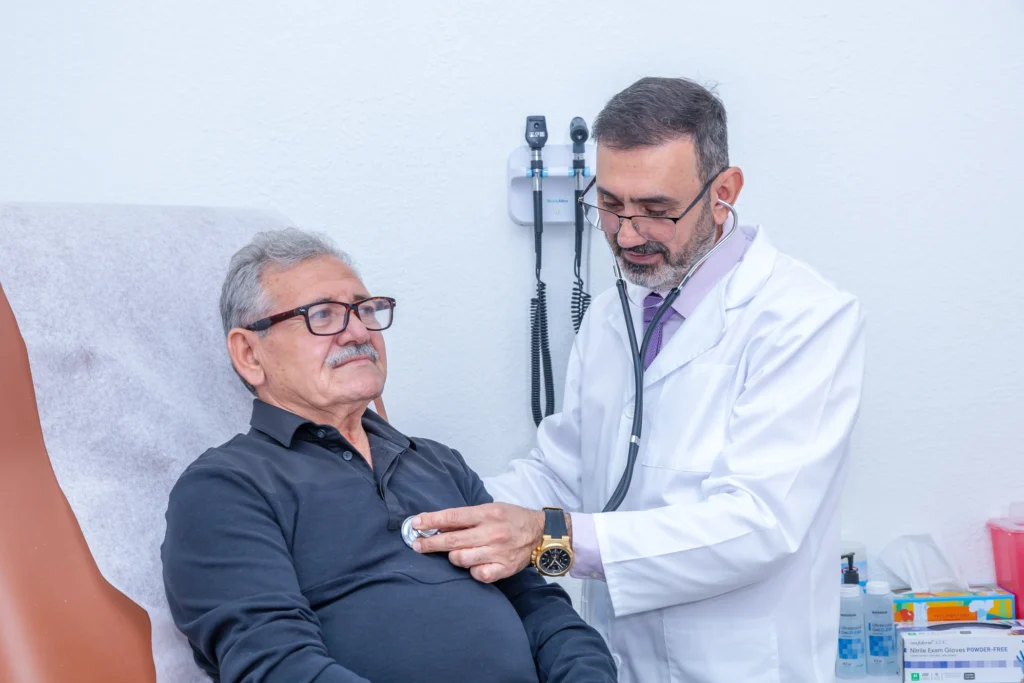Ouch! We all know that feeling – a twisted ankle, a scraped knee, maybe a pulled muscle from that weekend softball game. Minor injuries are a common part of life, especially for active folks in the Louetta community. But how do you know when to just tough it out, and when to seek medical advice? And what are the best ways to speed up your recovery?
Recovery After Minor Injuries: Expert Advice in the Louetta Community
At Dr. A Patient Care, located right here at 5523 Louetta Rd STE C, Spring, TX 77379, USA, we’re dedicated to helping you get back on your feet quickly and safely. Let’s dive into some practical tips and advice for dealing with those everyday bumps and bruises.
Understanding Minor Injuries
So, what exactly *is* a minor injury? Generally, we’re talking about injuries that don’t involve broken bones, deep wounds, loss of consciousness, or severe pain. Think:
- Sprains and strains (like ankle sprains)
- Minor cuts and scrapes
- Bruises
- Mild burns
First Steps for Minor Injury Care
When you first experience a minor injury, here’s what we recommend:
- R.I.C.E. Therapy: This is your best friend!
- Rest: Avoid using the injured area.
- Ice: Apply ice packs for 15-20 minutes at a time, several times a day.
- Compression: Use a bandage to provide support and reduce swelling.
- Elevation: Keep the injured area raised above your heart.
- Clean Wounds: Gently wash cuts and scrapes with soap and water. Apply an antibiotic ointment and cover with a clean bandage.
- Over-the-Counter Pain Relief: Medications like ibuprofen (Advil, Motrin) or acetaminophen (Tylenol) can help manage pain and inflammation.
When to Seek Medical Attention
It’s important to know when home care isn’t enough. You should see a doctor if:
- Pain is severe or doesn’t improve after a few days.
- You can’t put weight on the injured area.
- You experience numbness or tingling.
- The wound is deep or won’t stop bleeding.
- Signs of infection appear (increased pain, redness, swelling, pus).
- You have any concerns about your injury.
If you’re unsure, it’s always best to err on the side of caution and seek professional medical advice. We offer acute illness visits for situations like these.
The Role of Dr. A Patient Care
At Dr. A Patient Care, we’re here to provide comprehensive care for minor injuries. We can:
- Evaluate your injury to determine the extent of the damage.
- Provide appropriate treatment, including wound care management.
- Offer pain management strategies.
- Recommend physical therapy if needed.
- Give you personalized advice on how to properly care for your injury at home.
We also offer wound care management if your cut or scrape needs professional attention. Don’t hesitate to contact us!
Lifestyle Tips for Faster Recovery
Besides medical care, certain lifestyle choices can speed up your recovery:
- Proper Nutrition: Eat a healthy diet rich in protein, vitamins, and minerals to support tissue repair.
- Hydration: Drink plenty of water to help your body function optimally.
- Adequate Rest: Get enough sleep to allow your body to heal.
- Gentle Exercise: Once the initial pain subsides, light stretching and range-of-motion exercises can help prevent stiffness. But don’t overdo it!
Preventing Future Injuries
Prevention is always better than cure! Here are a few tips to avoid minor injuries in the first place:
- Warm up before exercise.
- Use proper equipment and techniques.
- Wear appropriate footwear.
- Be aware of your surroundings.
- Maintain a healthy weight. We can help with our weight loss management program.
FAQs About Minor Injury Recovery
Here are some frequently asked questions we get at Dr. A Patient Care:
Q: How long should I ice an injury?
A: Apply ice for 15-20 minutes at a time, several times a day, for the first 48-72 hours.
Q: Can I take ibuprofen and acetaminophen together?
A: Yes, but it’s important to follow the recommended dosage for each medication. It’s always best to consult with a healthcare professional before taking any new medications.
Q: When can I start exercising again after a sprain?
A: Start with gentle range-of-motion exercises and gradually increase the intensity as your pain subsides. Listen to your body and avoid pushing yourself too hard. If you’re unsure, consider seeing a physical therapist.
Q: How can I prevent ankle sprains?
A: Wear supportive shoes, especially during activities that involve running or jumping. Strengthen your ankle muscles with exercises like calf raises and ankle circles. Consider using an ankle brace for added support.
Q: I think I have a pulled muscle and its just not healing. What should I do?
A: You may want to consider trigger point injections to help release the muscle knot and promote healing. Talk to your doctor about this.
Taking Care of Yourself in the Louetta Area
We understand how frustrating it can be to deal with an injury, even a minor one. We encourage you to prioritize your health. Remember, listening to your body and seeking prompt medical attention when needed are crucial for a speedy and complete recovery. We are here to help you with comprehensive family care that is tailored to your specific needs, like annual physicals.
Remember, for expert advice and care for your minor injuries in the Louetta community, Dr. A Patient Care is here for you!

